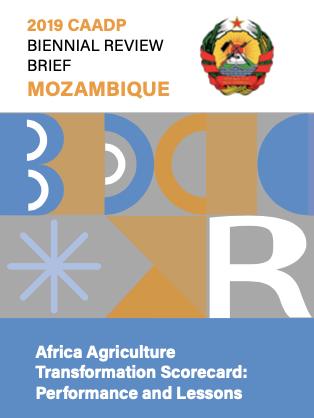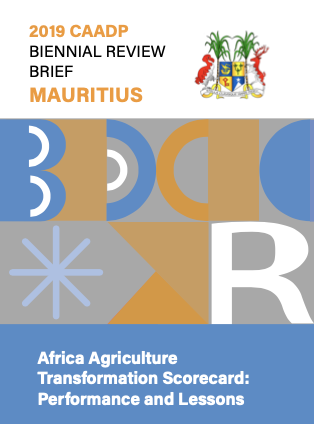As the main platform for monitoring CAADP implementation, ReSAKSS tracks progress on over 30 core CAADP indicators through its flagship Annual Trends and Outlook Report (ATOR) and an interactive website, http://www.resakss.org. The ReSAKSS website has been completely redesigned to improve its appearance and functionality and better meet data and analytical needs of CAADP and its stakeholders.
A New Innovative and User Friendly Website for CAADP Data and Knowledge Products

The new website will provide easy access to data, trends, analytical tools, and analysis on country, regional, and continental performance, publications, and resources on CAADP implementation. It tracks over 30 agricultural indicators outlined in the CAADP Results Framework.
Key Website Features
• Tracking Indicators tool for monitoring CAADP indicators. It features an interactive map and line chart to compare indicators across countries and regions, a time slider that dynamically changes maps and charts, and downloadable data in charts, maps, excel formats.
• Monitoring Progress tool that provide succinct assessments of country, regional and continental performance and progress on key CAADP indicators including income growth, poverty, hunger, child malnutrition, and achievement of the CAADP 10 percent agricultural budget share and 6 percent agricultural growth target.
• Mutual Accountability tool for tracking progress on establishing and strengthening mutual accountability processes through joint sector reviews, and other review processes at the country and regional levels.
• Publication and Resources repository where visitors can find a plethora of ReSAKSS publications and CAADP resources including the flagship Annual Trends and Outlook Reports (ATOR), Working Papers, Issue Notes, Brochures, CAADP Implementation Documents, Joint Sector Review Assessment Reports, and Capacity Needs Assessments
Link to the ReSAKSS Country eAtlases website (http://eatlas.resakss.org)

The eAtlas website features an interactive web-based mapping tool to analyzing disaggregated agricultural, socioeconomic, biophysical, and climate data across administrative regions, social strata, and agro-ecologies.
The new website is also a gateway to various ReSAKSS social media platforms and newsletter that enable community dialogue around African agricultural development issues.


